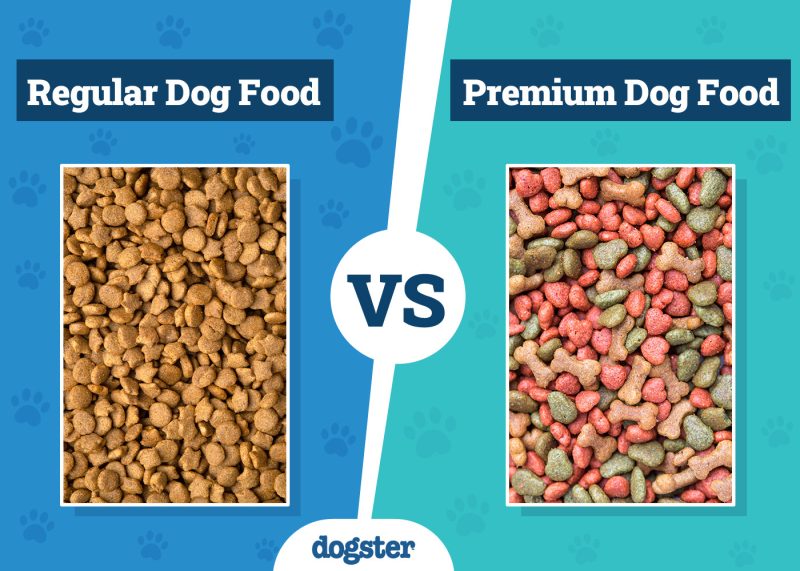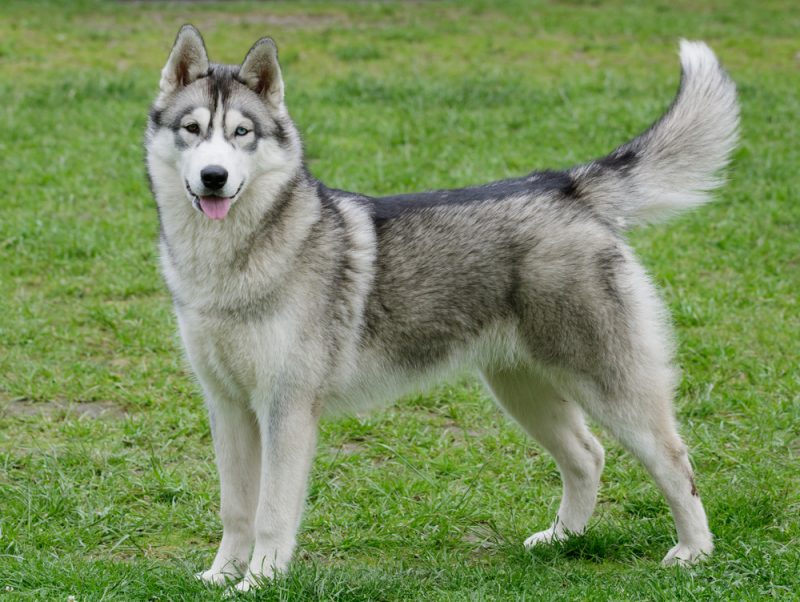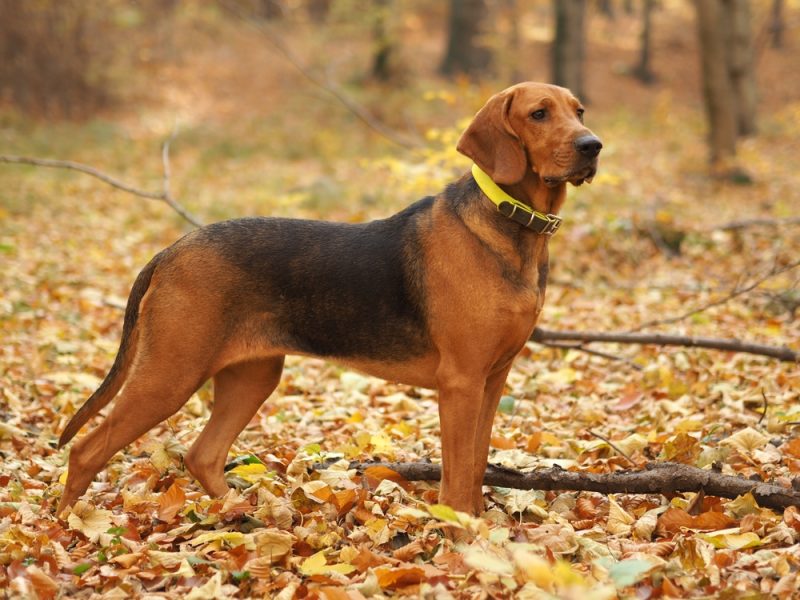Kidney stones tend to be fairly prevalent in people, making us wonder if our canine companions are spared the anguish. Kidney stones do indeed seem to be fairly rare in dogs, with bladder stones being the most often diagnosed urinary stones. However, they may be more common than we think; they just don’t tend to present with overt signs the way that bladder stones do.
With this in mind, let’s look at everything related to kidney stones in dogs to get a better understanding of what this issue looks like, where it comes from, and what we can do to help our pups.

What Are Kidney Stones in Dogs?
Scientifically known as nephroliths, kidney stones are hard masses that form in the kidneys. Depending on the size, they can cause numerous clinical signs or none at all. They can also be different types and thus, are defined by what they are made of. The most common is calcium oxalate, followed by struvite, urate, cystine, calcium phosphate, or a combination of any of these. The type of kidney stone gives insight into why it formed and how to best treat it.
While kidney stones are not necessarily a good thing, they become particularly dangerous if they are large enough to lodge in the kidney or in the ureter (the tube that carries urine from the kidney to the bladder). Recent studies have also found that the occurrence of kidney stones in dogs may be higher than previously estimated.1 Small stones can often live inside the kidneys without causing any issues or leading to any clinical signs, being undetected unless vets specifically look for them.

What Are the Signs of Kidney Stones in Dogs?
Many cases of kidney stones in dogs sneak under veterinarians’ and owners’ noses. These “inactive” kidney stones simply don’t cause problems that warrant any signs. However, there are those cases that do. Dogs with multiple or large kidney stones or ones that just happen to be strategically placed may present with any of the following:
- Bloody urine
- Difficulty or painful urination
- Frequent urination
- Urinating small volumes
- Urinating accidents
- Abdominal pain
- Vomiting
If you’ve ever had a urinary tract infection, these signs may sound familiar. The kidneys are part of the urinary tract—the initiators—hence why nearly anything affecting it presents similarly.
Kidney stones that block the urinary tract anywhere from the kidney to the bladder can be extremely painful. Be sure to see your veterinarian immediately if your pup seems to be having extreme abdominal discomfort, with or without any of the aforementioned signs.
If you are far from a vet clinic and need urgent vet advice and guidance on the best course of action you can chat with a vet online.
If you need to speak with a vet but can't get to one, head over to PangoVet. It's our online service where you can talk to a vet online and get the advice you need for your pet — all at an affordable price!
What Are the Causes of Kidney Stones in Dogs?
There’s no one-size-fits-all answer for what causes kidney stones in dogs. It depends on what type it is, as there are many factors at play. Everything from diet and genetics to bladder infections may influence the development of kidney stones.
Anything that affects the mineral concentration in the urine could lead to the formation of kidney and other urinary stones. Diseases affecting the kidneys or the bones, diets that change the urinary pH levels, increased urine retention, or even unknown mechanisms can all be to blame.
On the genetic side of things, small breeds like Lhasa Apsos, Mini Schnauzers, Bichons Frisés, Shih Tzus, and Pomeranians make up most of the cases of calcium oxalate growers, while Dalmatians take the top spot for urate stones.
Since there are so many potential causes of kidney stones in dogs, use your veterinarian for recommendations for the best diet and for regular checkups to help ensure that your dog’s bodily workings are in sync.

How Do I Care for a Dog With Kidney Stones?
Most of the time, you may not even know that your pup is harboring kidney stones. Other times, they may cause your dog discomfort. These are the ones that will need treatment. If your dog has urinary signs like bloody urine or difficulty urinating, see your vet. They will be able to diagnose kidney stones and other urinary ailments through a urinalysis and imaging. If your dog happens to be a shy urinator, try to catch a fresh sample at home in a clean container, and bring it with you to the appointment.
Once your vet diagnoses kidney stones, the decision for treatment begins. Small kidney stones may not need treatment, while large ones that are blocking a ureter will need immediate removal. Other types of kidney stones may be dissolved through a dietary change and medications.
Your vet will need a sample of the stone to determine the type, as calcium oxalate stones won’t succumb to the medical treatments that will dissolve most other types of stones. Instead, they may need to be removed via surgery or through shock wave therapy that breaks them into smaller pieces.
Kidney stones tend to make a reappearance, so prevention and continued management is crucial. Your vet will likely switch your dog to a lifelong diet that will help prevent kidney stone formation. They may also recommend a periodic urinalysis and imaging to make sure kidney stones aren’t making a revengeful return.

Frequently Asked Questions (FAQ)
Can Dogs Survive With Kidney Stones?
Yes! Most cases of kidney stones in dogs don’t come with any signs. Instead, veterinarians often find them while they are investigating other issues.
What Foods Cause Kidney Stones in Dogs?
Many factors can contribute to kidney stones in dogs, so no one food group or brand can be pointed to and simply avoided. However, it does appear that kidney stones commonly accompany diets that are high in minerals or change the pH of the urine. If you have any questions about which specific diets may be an issue, speak to your veterinarian.


Conclusion
The hard masses that are kidney stones can cause various clinical signs or none at all. Fortunately, they are fairly rare in dogs. That said, be sure to see your veterinarian immediately if your pup is showing signs of extreme abdominal discomfort.
Featured Image Credit: Renko Aleks, Shutterstock


















